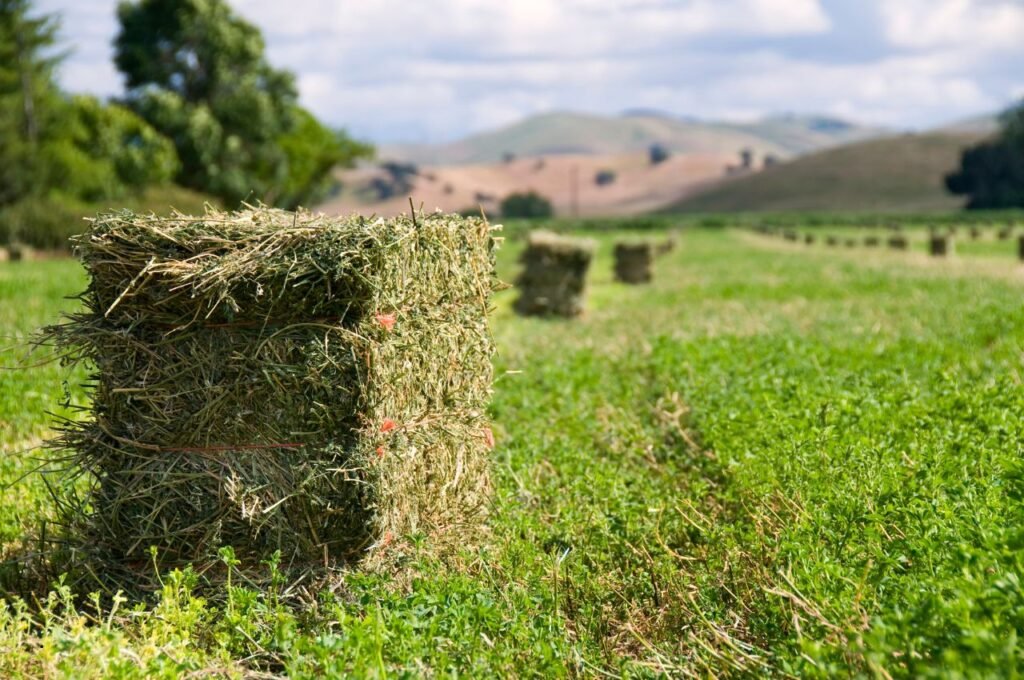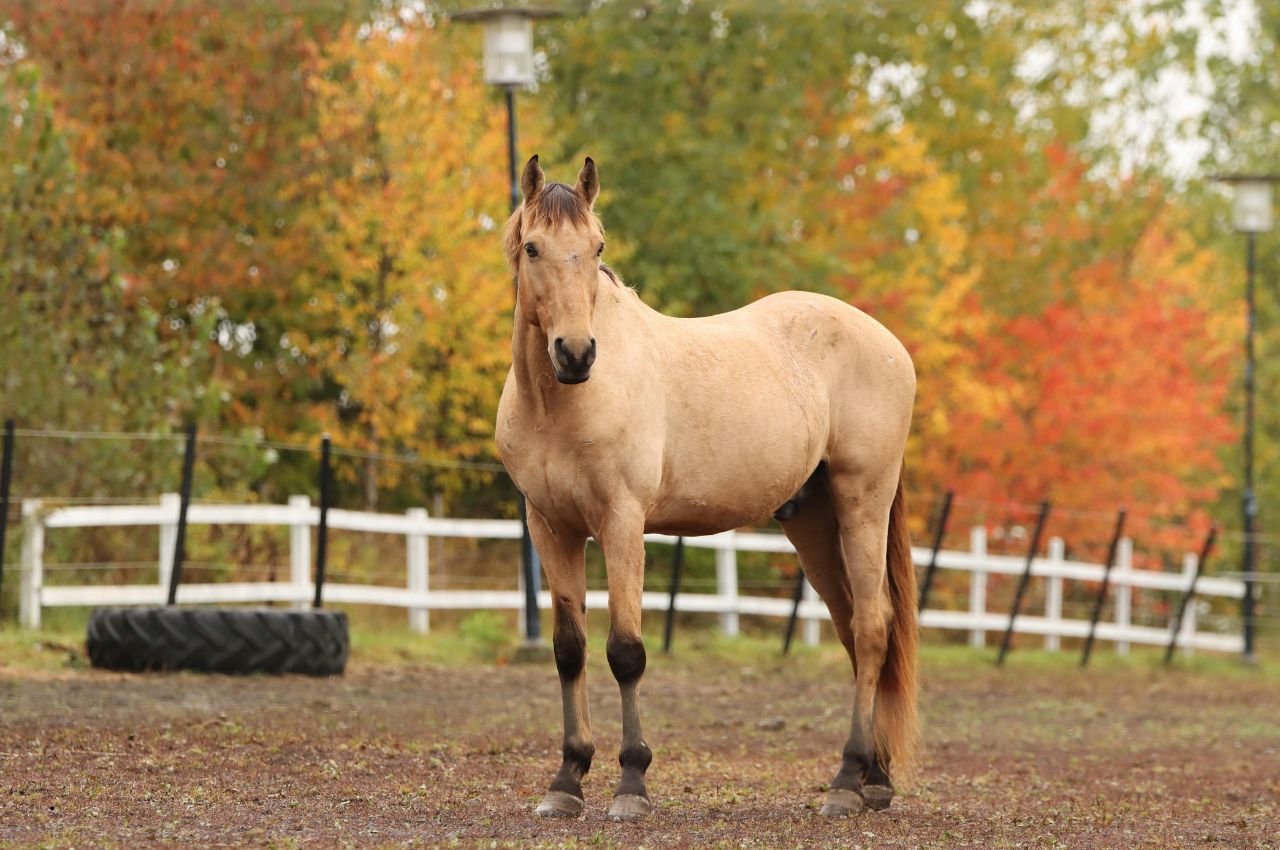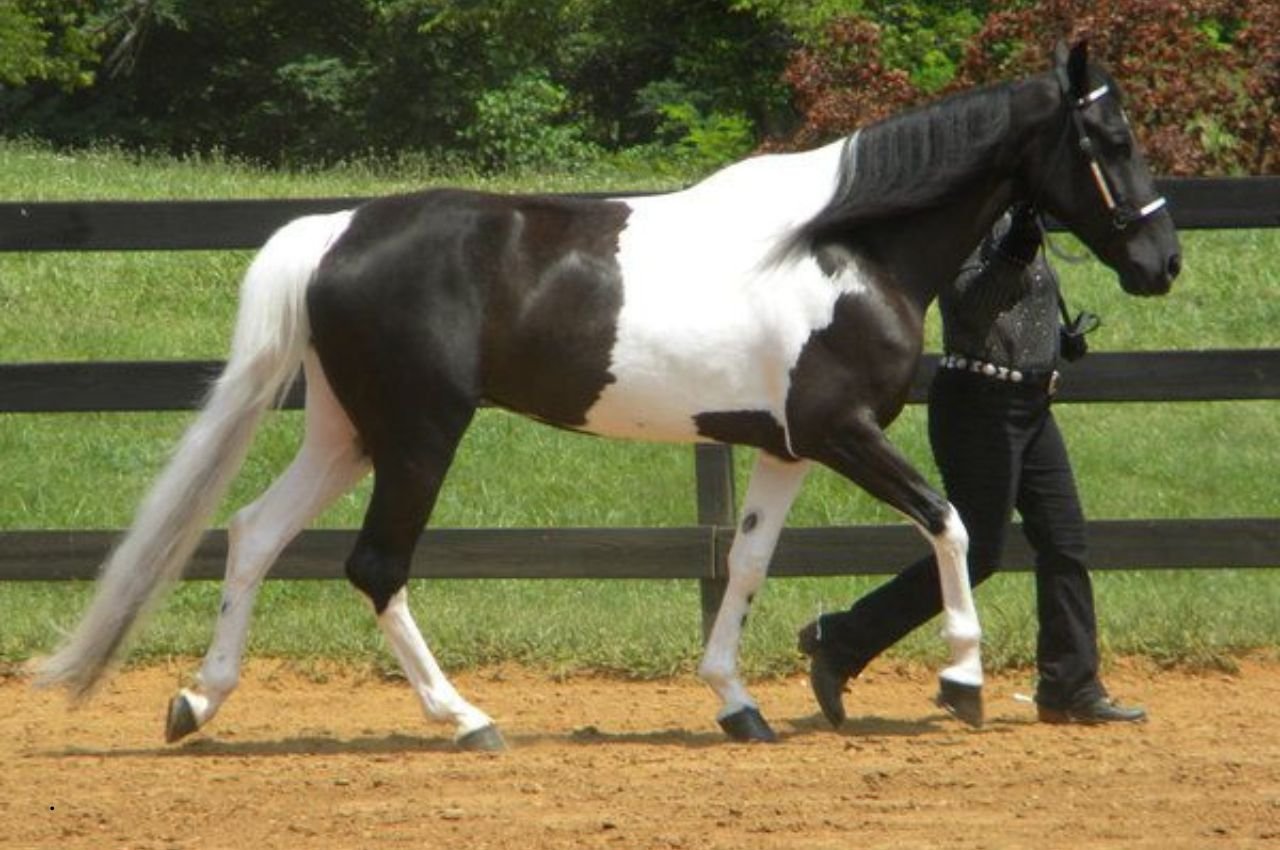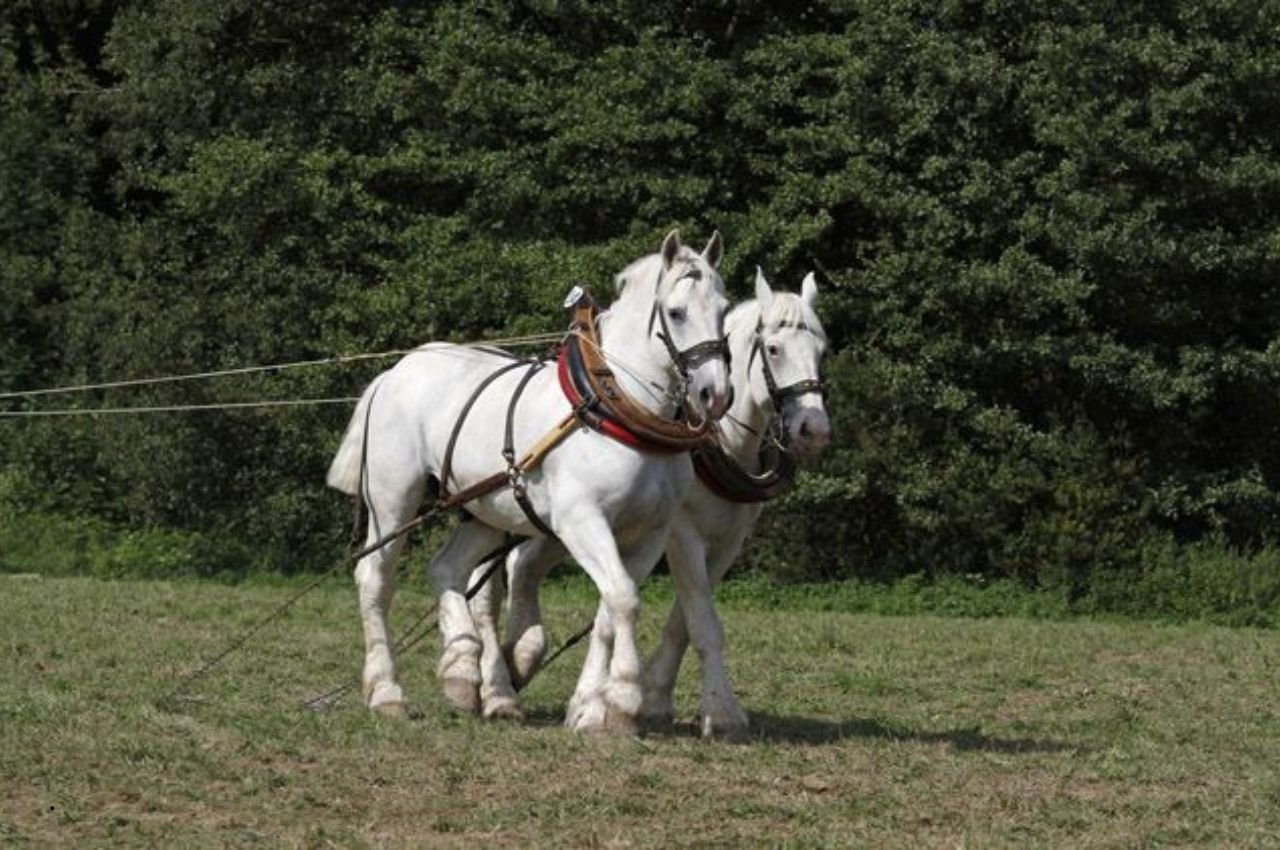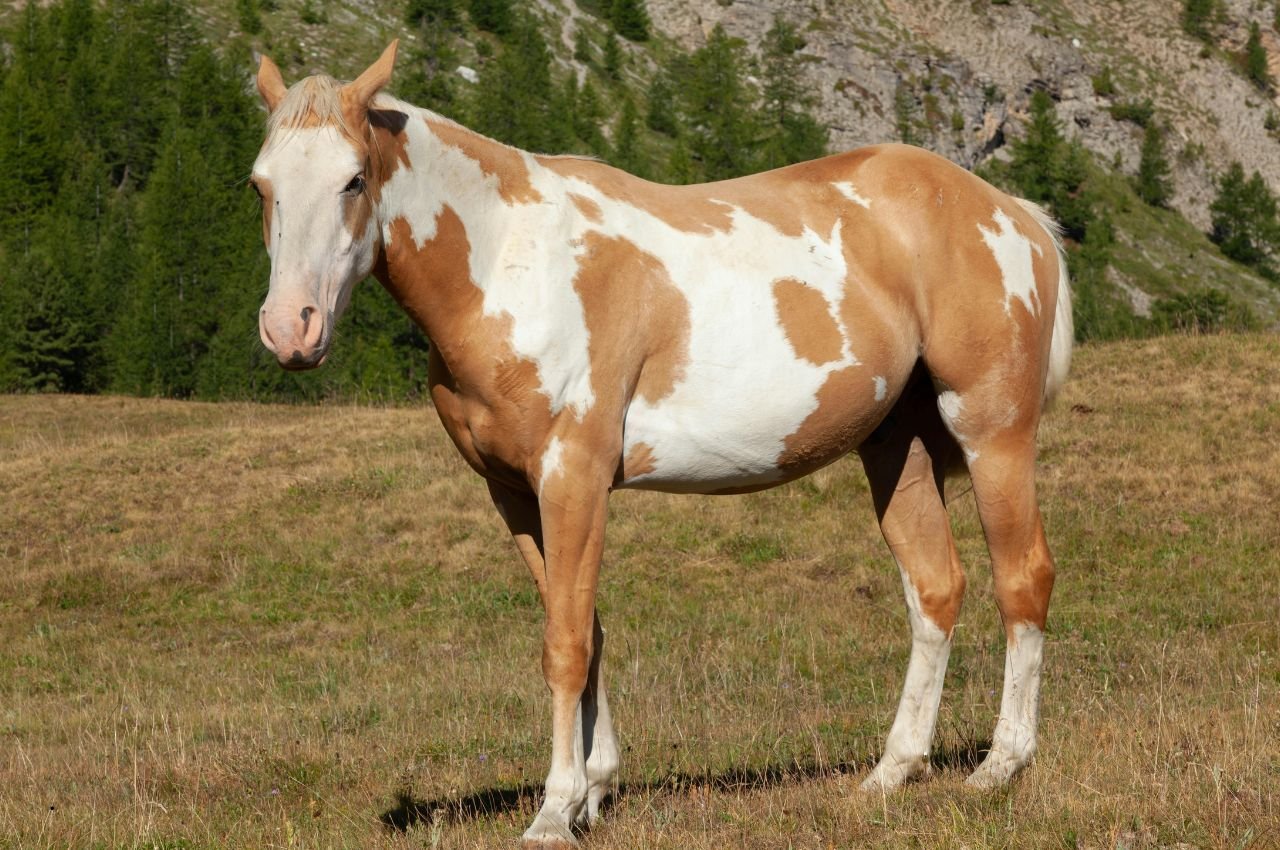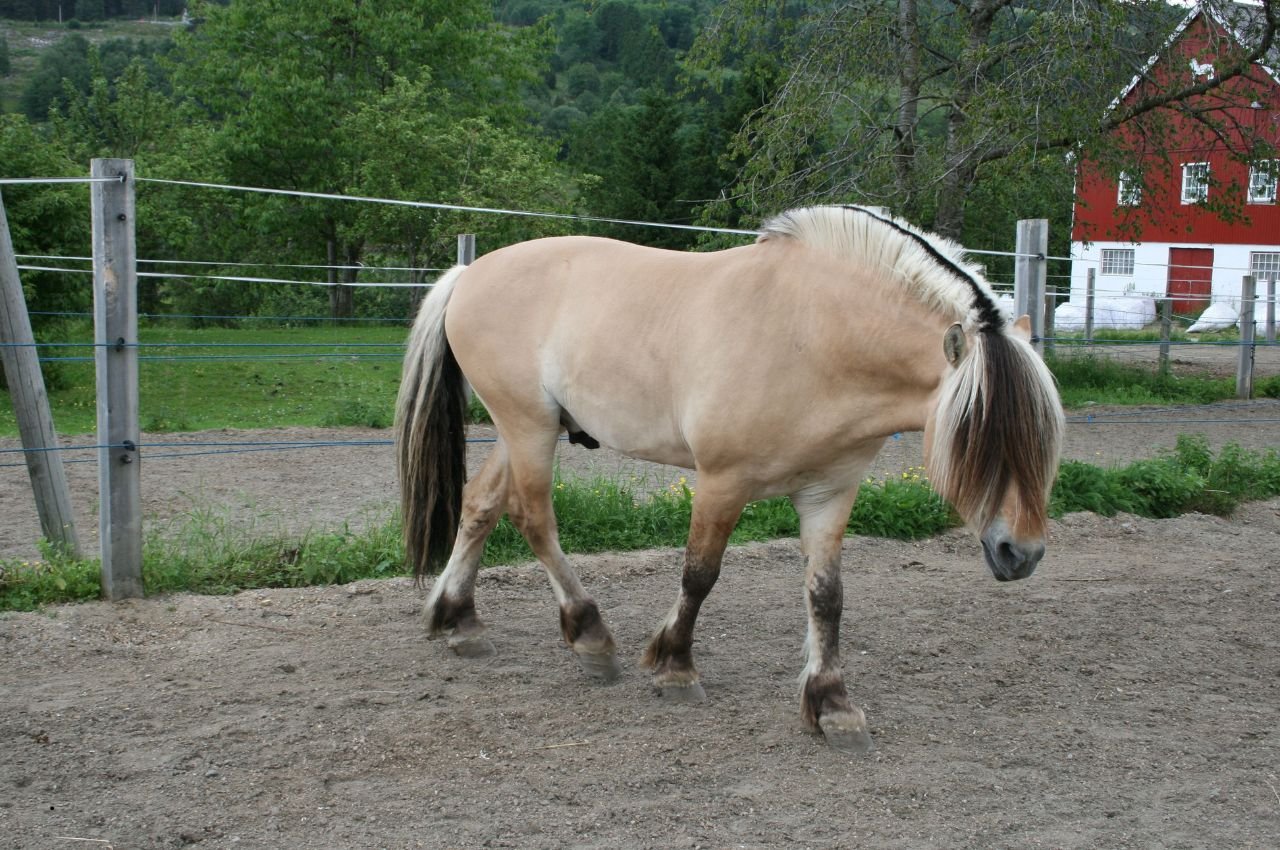Feeding your horse the right diet is critical to their health, performance, and overall well-being. Among the variety of forages available, alfalfa hay frequently stands out as a popular choice. Known for its rich nutrient profile, it’s often included in the diets of specific types of horses. However, like any feeding option, there are both advantages and disadvantages to consider. If you’re wondering whether alfalfa hay is suitable for your horse, this guide will help you weigh the pros and cons and provide practical feeding tips.
What is Alfalfa Hay?
Alfalfa hay is a legume hay, distinct from grass hays like timothy or orchard grass. It is prized for its high protein, energy, and calcium content, making it a favorite for horses with higher nutritional needs. Often referred to as “lucerne” in some parts of the world, alfalfa is harvested and dried to create the hay commonly used in equine diets. Its rich nutritional profile makes it particularly appealing for performance horses, lactating mares, and growing foals.
However, feeding alfalfa isn’t a one-size-fits-all solution. Its use needs to be carefully evaluated based on your horse’s individual dietary requirements.
Benefits of Feeding Alfalfa Hay
Alfalfa hay offers several advantages, particularly for horses with higher energy or nutrient demands. Here are the key benefits:
1. Rich in Protein
Alfalfa contains more protein compared to grass hays, which is essential for muscle development, repair, and overall growth. This makes it a valuable addition for performance horses undergoing intense training or competition, as well as young, growing horses.
2. High Energy Levels
Alfalfa hay is calorie-dense, providing ample energy for horses with demanding workloads. For horses that need to maintain or gain weight, alfalfa can be an effective option.
3. Calcium-Rich
Alfalfa’s high calcium content is particularly beneficial for mares that are lactating, as they need extra calcium to produce milk. Additionally, growing foals may benefit from the additional calcium to support their developing bones.
4. Highly Palatable
Horses tend to find alfalfa more appetizing than grass hay due to its sweeter taste and finer texture. This can be helpful when feeding picky eaters or encouraging a horse that may have lost its appetite.
5. Support for Horses with Ulcers
Alfalfa hay contains a natural buffering effect due to its calcium and protein levels, which can help neutralize stomach acid. For horses prone to gastric ulcers, it may help reduce discomfort and risk.
Potential Downsides of Alfalfa Hay
While alfalfa can provide excellent nutrition in the right circumstances, overuse or feeding it to unsuitable horses can create problems. Here are the potential downsides:
1. Protein and Calcium Overload
Horses that don’t require high levels of protein and calcium—such as idle or easy-keeper horses—may suffer from dietary imbalances when overfed alfalfa. Excess protein can strain their kidneys, while too much calcium can lead to health issues like renal calculi (kidney stones).
2. Energy Content
For horses with low activity levels or those prone to weight gain, alfalfa’s calorie density can result in excessive weight gain or even founder (laminitis).
3. Imbalanced Nutrition
Feeding alfalfa exclusively can lead to mineral imbalances, especially low phosphorus levels. Calcium and phosphorus should ideally be fed in a 1.5-2:1 ratio. Alfalfa’s high calcium levels, when not offset by phosphorus, can disrupt this critical balance.
4. Unsuitable for Horses with Specific Conditions
Horses with metabolic disorders like insulin resistance or equine metabolic syndrome may not tolerate the sugar content or caloric density of alfalfa hay. Additionally, mature horses with pasture-associated laminitis are often better suited to lower-energy grass hay options.
5. Price and Availability
Alfalfa hay is typically more expensive than grass hay, and it may not always be easy to source depending on your location. Its higher cost could become a concern if you’re managing multiple horses or a large stable.
Practical Feeding Tips for Alfalfa Hay
If you decide to include alfalfa hay in your horse’s diet, proper feeding practices are crucial to ensure optimal health. Here are some tips to get started:
1. Balance with Grass Hay
For most horses, alfalfa hay should be fed as a supplement to grass hay rather than as the sole forage. Combining alfalfa with grass hay helps balance nutrition while reducing the risk of overloading on protein or calcium.
2. Know How Much to Feed
The appropriate amount of alfalfa depends on your horse’s size, age, workload, and health. Performance horses or lactating mares may benefit from feeding up to 50% of their forage intake as alfalfa, while easy-keepers may only need 10-20% or none at all.
3. Introduce Slowly
To avoid digestive upset, always introduce alfalfa gradually. Start with small amounts and slowly increase over a week or two, allowing your horse’s digestive system to adapt.
4. Monitor Your Horse’s Health
Watch for any adverse reactions such as weight gain, soft manure, or changes in behavior. If you notice any issues, adjust the amount or frequency of alfalfa feeding.
5. Test and Analyze Forage
Having your hay tested for its nutritional content can help you create a forage plan that meets your horse’s specific needs. This is particularly important for horses with health conditions or unique dietary requirements.
6. Avoid Moldy or Dusty Alfalfa
Always select high-quality alfalfa hay that is green, leafy, and free of dust or mold. Poor-quality hay can lead to respiratory problems and nutrient deficiency.
Final Thoughts
Alfalfa hay can be a valuable addition to many horses’ diets, particularly those with high energy or nutrient demands. However, it’s not suitable for all horses, and feeding it without proper planning can lead to health issues. Always consider your horse’s individual needs and consult with an equine nutritionist or veterinarian if you’re unsure.
By balancing alfalfa with other forages, monitoring portion sizes, and introducing the hay gradually, you can harness the benefits while mitigating potential risks. With proper care and attention, alfalfa hay can play a key role in supporting your horse’s health and performance.

